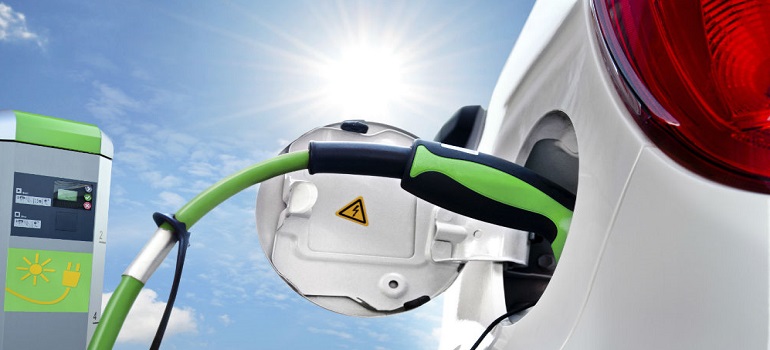
Research and Markets has added “Global Electric Vehicle Charger Market 2017-2021” report has been added to its offering.
Analysts at the research firm forecast the global electric vehicle charger market to grow at a CAGR of 43.72% during the period 2017-2021.
An electric vehicle (EV) charger supplies the electricity required to recharge the batteries in pure EVs and plug-in hybrid electric vehicle (PHEVs). They are also called as EV supply equipment (EVSE), and electric charging points. The market includes wired or wireless EV charger which is used residentially or commercially to charge EVs (pure EVs and PHEVs). The global automotive industry is focusing on exploring alternative propulsion technologies to curb vehicle emissions and achieve higher fuel economy in vehicles.
The publisher recognizes the following companies as the key players in the global electric vehicle charger market: AeroVironment, ChargePoint, Evatran, and Leviton.
Other Prominent Vendors in the market are: ABB, AddÉnergie, Bosch, Delphi Automotive, Efacec, EV-Box, Gill Industries, Mojo Mobility, Momentum Dynamics corporation, POD Point, Signet Electronic Systems, and WiTricity.
Commenting on the report, an analyst from the research team said: “One trend in the market is powering EV charging stations through renewable energy. The use of renewable energy to power EV charging stations for reducing the demand for electricity from power grids has been in the talks for many years. Charging stations powered by solar panels is one such trend in the industry. The decreasing price of solar panels and their easy installations on business buildings and shopping malls are driving this trend in the market.”
According to the report, one driver in the market is government incentives and subsidies for EV charger infrastructure developments. Charging locations are categorized as home and on-road based on their location and as private and public based on infrastructure providers. OEMs offer home-based charging solutions with EV purchases; however, the challenge remains with the availability of on-road private and public charging facilities. According to studies, consumers in regions with poor availability of on-road charging infrastructure do not prefer to opt for EVs even when they have home-based charging solutions.
Further, the report states that one challenge in the market is stringent approval rules for establishment of a charger unit. A service provider that intends to install a charging station must gain approval from local governments in terms of regulatory mandates, plot owners in case of the installation is on a private property, utility providers for the energy transfer, and importantly energy providers for the large amount of energy needed in these stations without interruptions. Creating a complete business structure for the establishment of charger stations is complex as many stages are involved in the value chain.

